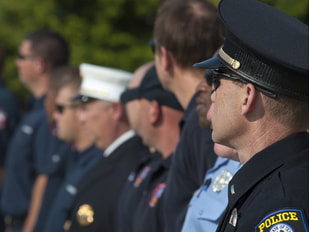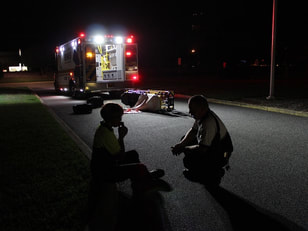Law enforcement training has been isolated and in-agency. We work for our community and should adapt to their values and needs. This creates buy-in and community ownership, reduces negative views and gains advocate support. We may overlook simple ideas because they are not based in the law enforcement model of thinking and training. CIT is a community program and not just an in-house training.”
-Albuquerque Police Department CIU Detective Mathew Tinney
Please click on the training block to view their instructor guides, student guides, PowerPoints, and the online student guide. If you would like to add information to a section please contact us at [email protected] .
You can also begin your research looking through publications here.
You can also begin your research looking through publications here.
All course are designed to be co-taught with a member of public safety and a provider/advocate/peer.
"increased collaboration between psychiatrists and law enforcement will help prevent situations in which police officers are placed in the awful position of having to use lethal force against a person with mental illness."
-Nils Rosenbaum, MD
The Variability in Law Enforcement State Standards:
A 42-State Survey on Mental Health and Crisis De-escalation Training
A 42-State Survey on Mental Health and Crisis De-escalation Training
| Variability in Law Enforcement State Standards Survey | |
| File Size: | 431 kb |
| File Type: | |
There are more lecture blocks that will be added in the future. If you are looking for them now please contact us at [email protected] for more information.














